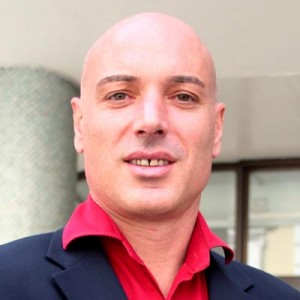Ryotaro Tsutsui, MSc Sport Management student and policy maker in the Japanese Government, describes his experiences at Birkbeck as an international student and his aspirations for the future.
Why did you decide to study at Birkbeck?
I work for the Government of Japan and I’ve been working as a policy maker since 2012. As an opportunity for developing language skills and knowledge which is related to my policy area, I was allowed to study in the UK to get two Master’s degrees. I chose to join sport management courses as I’m interested in sport policy. I knew that Birkbeck is famous for sport management and my supervisor at Loughborough University (I studied at Loughborough University for the first year of my stay in the UK) strongly recommended Birkbeck.
How are you finding your course?
My experience undertaking the MSc Sport Management degree is precious and valuable. I think it is difficult for Japanese people to catch up on the global trends and affairs in the sport community as many of the international sport federations are in Europe and compared to Japan, the economic scale of the sport industry is huge. One of the advantages of the MSc Sport Management degree at Birkbeck is the wider and well-balanced range of global trends and topics covered.
How is the social life at Birkbeck?
Fortunately, I have made a lot of good friends at Birkbeck. I love the ethnic diversity of the students. There was no majority ethnic group in my course, which provided a good environment for students to form friendships. Also, a hidden advantage of life at Birkbeck – students can easily go for drink after evening lectures, which I really enjoyed!
Do you enjoy having lectures in the evening? What do you do with the time you have in the day?
The evening based educational system suits students who want to explore new things in the day. For most of them, doing an internship in London would be the best choice. In fact, lecturers were willing to introduce various kinds of internship opportunities to students. I wanted to do an internship in the sport sector and I consulted with one of my lecturers; he kindly suggested a non-profit sport organization and I worked there for several months.
What is the best thing about studying in London?
It was convenient to commute to Birkbeck as it is in the centre of London. There are much more opportunities in London to do internships than any other city.
What do you hope to achieve in the future?
As a career path, I’m seeking the best way to be a competitive sport policy maker. After studying in the UK for the last two years, I realise how important it is to learn from the UK and other sporting countries about sport policy. In terms of sport policy including international and domestic policies, Japan is still behind the UK, however, this motivates me to develop sport policy in my country. I’m also motivated to keep human connections which I have made in the UK.
Any advice for international students considering studying at Birkbeck?
I’m really confident in recommending Birkbeck to international students. To make the most of studying at Birkbeck, it is important to plan what to do in the day. Mixing both studying in the evening and doing an internship or other social activities makes international students feel extremely productive!
Further information

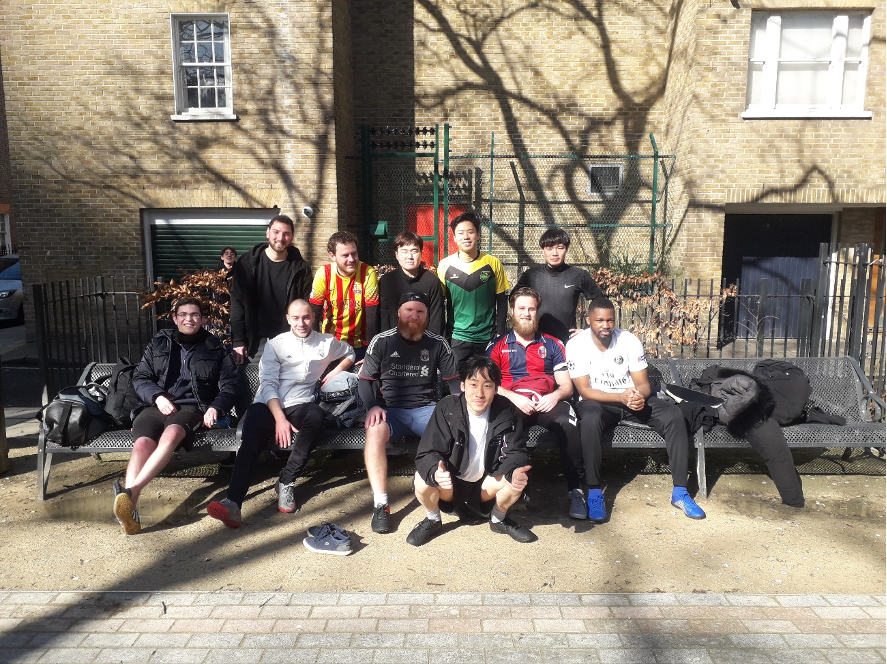
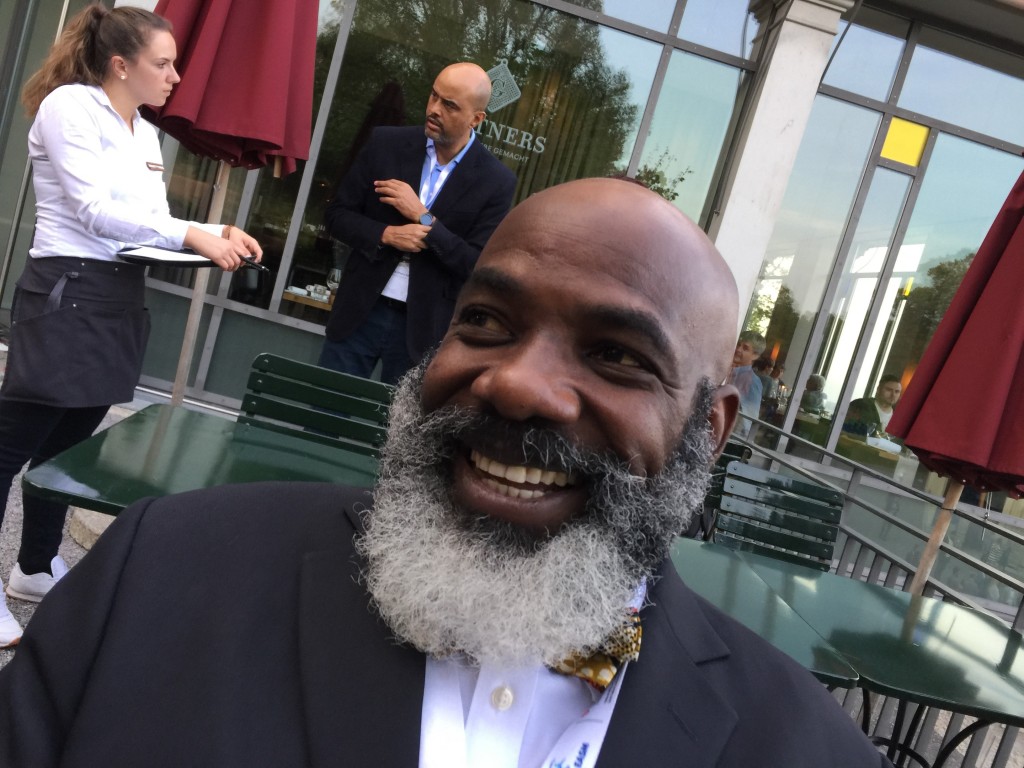

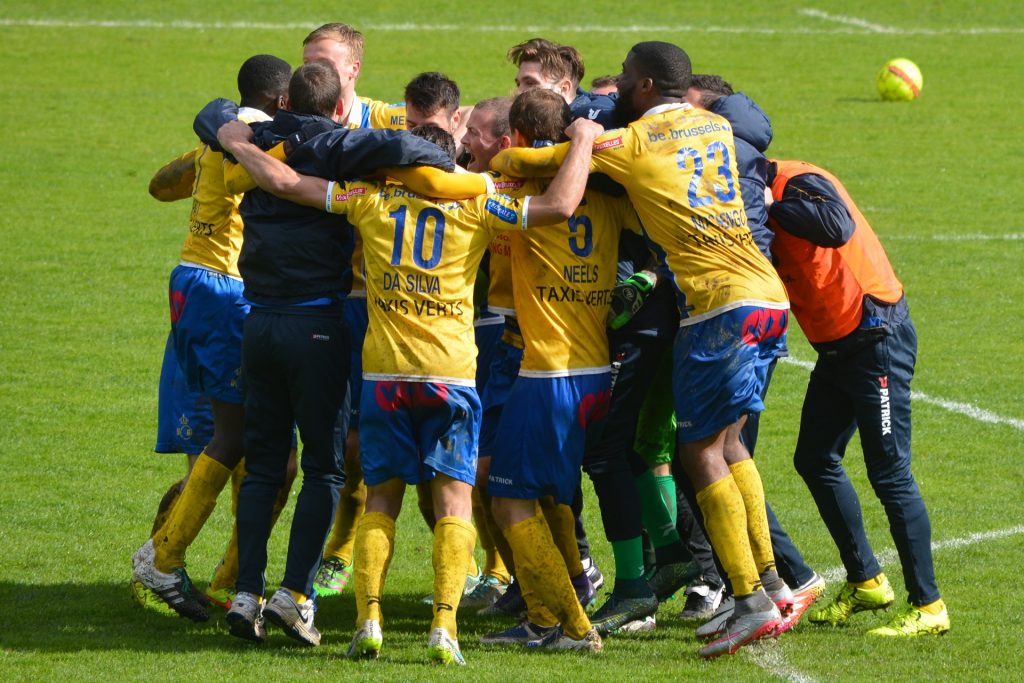 I am writing this as the January transfer window heads towards its final few frenetic hours, with breathless TV pundits reporting any last minute deals that clubs may make. The headlines during January have, as usual, focussed on the big money multi-million pound transfers, with
I am writing this as the January transfer window heads towards its final few frenetic hours, with breathless TV pundits reporting any last minute deals that clubs may make. The headlines during January have, as usual, focussed on the big money multi-million pound transfers, with 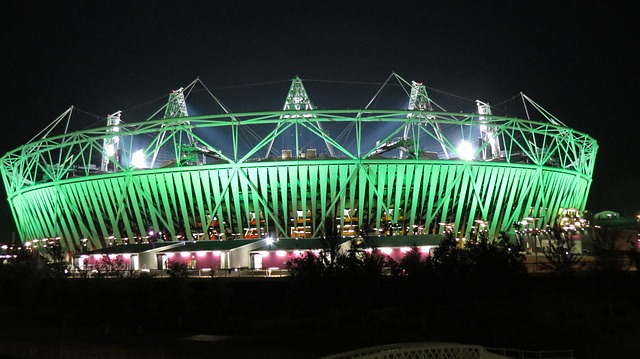 As a researcher of the use of sport events and stadiums in regeneration projects I was interested in a recent graphical representation of how special events are linked to UK Gross Domestic Product (GDP) put out by the Office for National statistics (ONS). The representation showed a sharp spike in GDP at the time of the London 2012 Olympics and Paralympics.
As a researcher of the use of sport events and stadiums in regeneration projects I was interested in a recent graphical representation of how special events are linked to UK Gross Domestic Product (GDP) put out by the Office for National statistics (ONS). The representation showed a sharp spike in GDP at the time of the London 2012 Olympics and Paralympics.